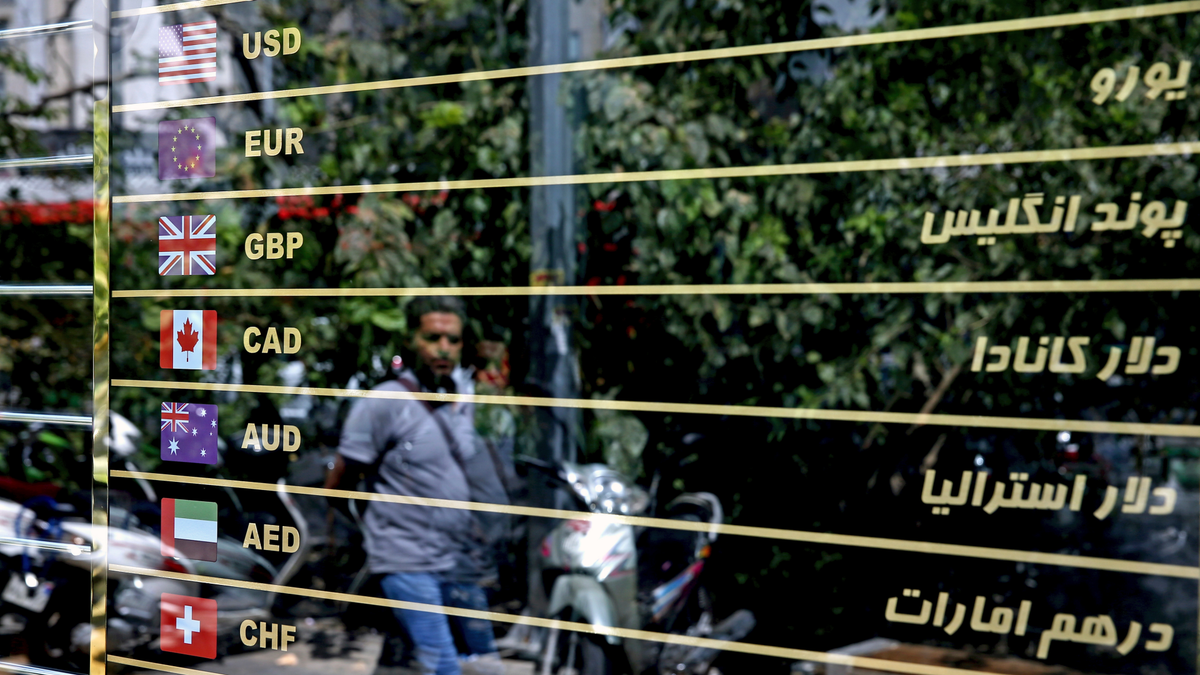
TEHRAN, Iran – Iranian lawmakers Wednesday voted to sack President Hassan Rouhani's labor minister, a victory for hard-liners opposed to the relative moderate amid a worsening economic crisis.
Parliament speaker Ali Larijani said 129 of 243 lawmakers present voted to oust Labor Minister Ali Rabiei. Critics accused him of mismanagement and blamed him for the country's recent economic problems, which have been exacerbated by the restoration of U.S. sanctions lifted under the 2015 nuclear agreement.
Critics of Rabiei, in office since 2013, say he failed to properly manage the ministry's affiliated companies and that his mismanagement resulted in the creation of fewer jobs than expected.
Rabiei's supporters say he is not responsible for Iran's economic crisis and were able to fend off an earlier attempt to impeach him in March. Rouhani is expected to nominate a new candidate for the job within three months.
In addition to the labor minister, the Iranian cabinet includes three other economy-related ministers: Finance, Industry and Commerce, and Agriculture.
Hard-liners plan to question Rouhani in the coming weeks about the government's response to the recent crisis, which has seen the rial plummet to a record low against the dollar and sent unemployment to 12.5 percent following President Donald Trump's pullout from the nuclear deal in May.
Rouhani in a meeting with visiting North Korean Foreign Minister Ri Yong-hu on Wednesday again criticized the U.S. for its withdrawal from the nuclear deal.
"The U.S. is considered an uncertain and unaccountable country in the world that does not comply with its commitments," he said.
Rouhani said Iran and North Korea have had common views during many "sensitive international periods" and said Iran will work to improve ties and international cooperation with North Korea.
"Improving relations with Iran and confronting unilateralism is North Korea's strategic policy," Ri said in response. He said he considered the U.S. pullout from the nuclear deal and re-imposition of sanctions to be "incorrect."
Meanwhile, Iranian Foreign Minister Mohammad Javad Zarif said his country will not oppose third-country mediation between the U.S. and Iran.
Oman hosted secret talks between the two countries in 2012 that ultimately led to the 2015 landmark nuclear deal with world powers. Zarif told the state-owned IRAN daily, however, there are currently no ongoing talks between the countries.
"Certainly regional countries like Oman are not willing to see" a crisis, Zarif said.
On Monday, Rouhani said Iran was ready to enter talks with the U.S. if Washington compensated the country for past damages.
The U.S. on Monday re-imposed sanctions that had been lifted as part of the nuclear deal. They target U.S. dollar financial transactions, Iran's automotive sector and the purchase of commercial planes and metals, including gold. Even stronger sanctions targeting Iran's oil sector and central bank are to be re-imposed in early November.
